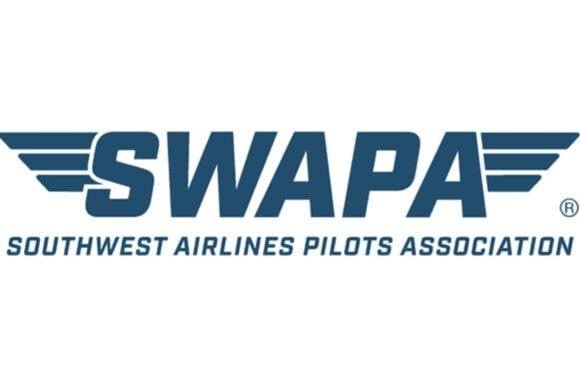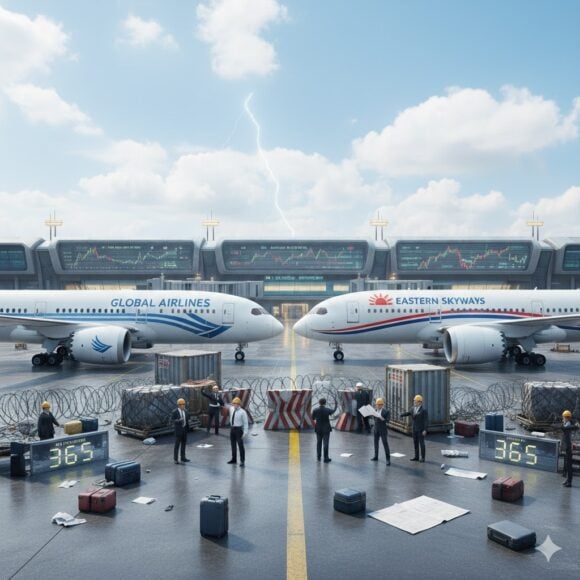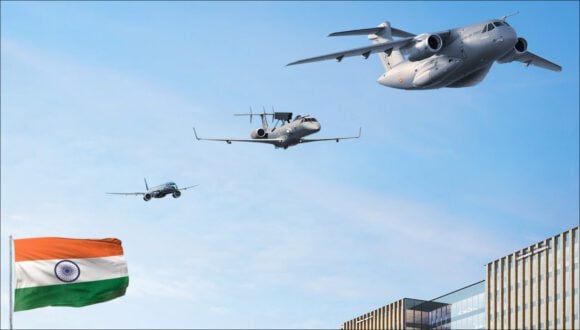
spirit frontier
Spirit and Frontier have resumed merger talks. Prior to JetBlue outbidding Frontier for Spirit, Spirit and Frontier had a plan to merge. Unfortunately, regulators did not approve that proposed merger, and the carrier is back to square one, albeit now in financial difficulty. Would a merger between the two carriers still make sense?
Ultra-low-cost

carriers have recently had a difficult time, with excess industry capacity chasing too few low-fare customers. ULCCs are facing new competition from legacy carriers offering basic fares, which they can provide because of their revenue mix and premium traffic. With service preference at the same price, legacy carriers can be strong competitors for ULCCs, even with limited inventory.
Nonetheless, a potential merger between Spirit and Frontier seems to make sense. Spirit has been struggling and faces a significant debt payback in 2025 that may need to be solved through Chapter 11 protection. Both carriers fly Airbus A320neo family aircraft, and a combined fleet would provide the ability to serve additional markets and expand the geographic coverage of a combined carrier.
A combination of Spirit and Frontier would result in the fifth largest carrier, slightly larger than Alaska-Hawaiian. From a regulatory perspective, creating a larger and stronger ULCC to compete with the majors and offer low-cost flights to more cities would be attractive. With little route overlap, anti-trust concerns could be easily dealt with. This combination appears to be a win-win situation.
The Bottom Line
This combination now appears to hinge on negotiating with bondholders for a pre-planned Chapter 11 restructuring for Spirit. If that happens, the merger most of the industry thought made more sense than with JetBlue, from a synergy perspective, could finally take place. Unfortunately, the financial condition of Spirit will mean a very different valuation this time around.
From a regulatory standpoint, this merger should sail through easily, as the two companies had already developed a plan to deal with route overlaps to ensure competitiveness. With Spirit in financial difficulty, this could also be viewed as a rescue to maintain competitiveness in the ULCC market.
Views: 73
About The Author
Take AirInsight for a Test Flight
7 days full access — premium analysis and the complete data model library — for $1. No commitment.
Start My Test Flight → {
"@context": "https://schema.org",
"@type": "WebPage",
"name": "AirInsight in the Media",
"description": "A curated list of media citations where AirInsight insights are used."
}
{
"@context": "https://schema.org",
"@type": "WebPage",
"name": "AirInsight in the Media",
"description": "A curated list of media citations where AirInsight insights are used."
}



